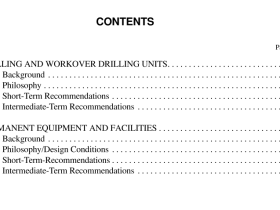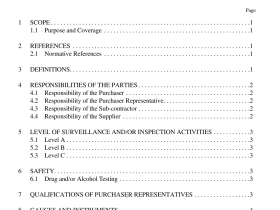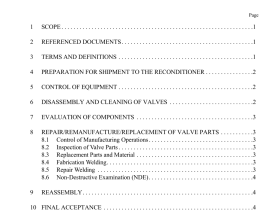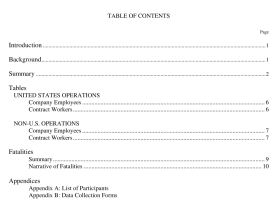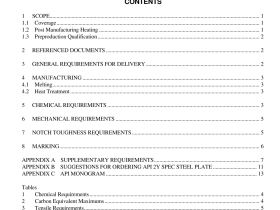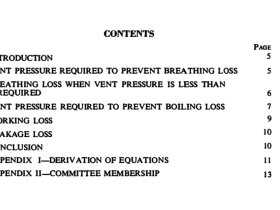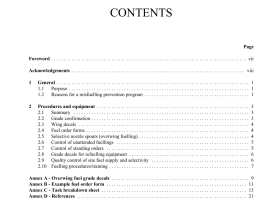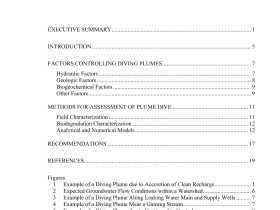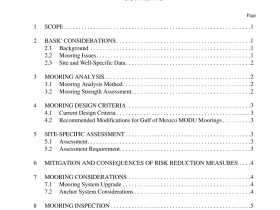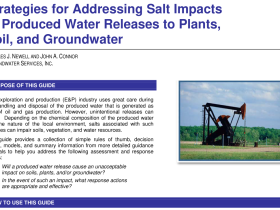API 609 pdf download
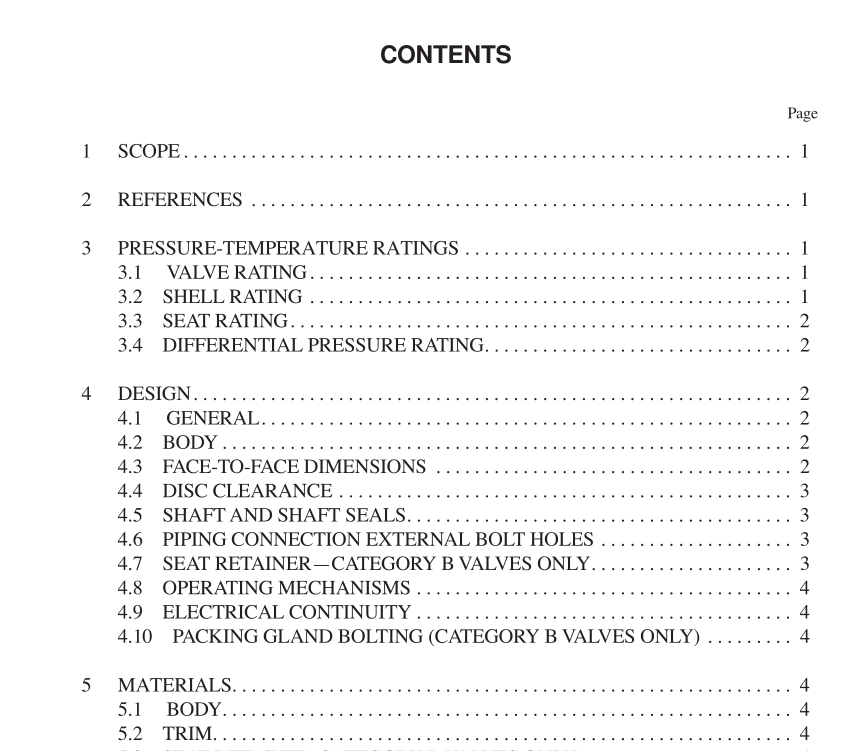
API 609 pdf download.Butterfly Valves: Double Flanged, Lug- and Wafer-Type
1 Scope
1.1 This standard covers design, materials, face-to-face dimensions; pressure-temperature ratings; and examination, inspection, and test requirements for gray iron, ductile iron, bronze, steel, nickel-base alloy, or special alloy butterfly valves that provide tight shutoff in the closed position and are suitable for flow regulation. Two categories of butterfly valves are included: a. Category A: Manufacturer’s rated cold working pressure (CWP) butterfly valves, usually with a concentric disc and seat configuration. Sizes covered are NPS 2 to NPS 48 for . valves having ASME Class 125 or Class 150 flange bolting patterns. b. Category B: Pressure-temperature rated butterfly valves that have an offset seat and either an eccentric _or a concentric disc configuration. These valves may have a seat rating less than the body rating. For lug and wafer, Class 150, 300, and 600, sizes covered are NPS 3 to NPS 24. For double flanged long pattern, Class 150, 300, and 600, sizes covered are NPS 3 to NPS 36. For double flanged short pattern, Class 150 and 300, sizes covered are NPS 3 to NPS 48. For double flanged short pattern, Class 600, sizes covered are NPS 3 to NPS 24. 1.2 Valve configurations include double flanged, lug- and wafer-types with facings that permit installation between ASME and MSS fanges that conform to the standards and specifications listed in Section 2.
4 Design
4.1 GENERAL 4.1.1 Category B Valves Valves manufactured in accordance with this standard shall meet the requirements of ASME B 16.34 for standard class and any additional requirements as specified in this standard. For materials not listed in B 16.34, the applicable require- ments and design rules of B 16.34 shall be used. In the event of a confict between ASME B 16.34 and this standard, this standard shall prevail. 4.1.2 Fire Tested Valves If the purchaser specifies fire tested valves, the valves shall be certified to have been tested to, and met, all of the perfor- mance requirements of API Standard 607. Supporting docu- mentation shall be made available to the purchaser upon request. 4.1.3 Lockable Device When specified in the purchase order, valves shall be fur- nished with a lockable device that accepts a purchaser-sup- plied lock that enables the valve to be locked in both the open and closed positions. The lockable device shall be designed such that a lock with a 5/16-in. (8-mm) diameter shank, not more than 4 in. (100 mm) long, can be inserted directly through appropriate holes and locked. Provisions for a lock- able device are permitted even when it is not specified in the purchase order. 4.1.4 Disc Position Indication The indication of the position of the disc shall be integral with the valve shaft. The indication may be accomplished by a mark on the shaft or by a shaft shape. The design shall ensure that a valve (and/or operator) cannot be assembled to falsely indicate the valve’s open and closed positions. 4.1.5 Shaft-to-Lever Connections Shaft-to-lever connections shall be designed so that the lever always correctly indicates the disc position. 4.2 BODY 4.2.1 The minimum body-wall thickness shall comply with the applicable ASME B 16 standard listed in Section 2 based on the body material. If the applicable standard covers fttings for a particular material, the valve minimum wall thickness shall be as specified for fttings. The valve design shall be structurally suitable for its stated pressure and temperature limits, taking into account that localized thinning may be nec- essary between the shaft bore in the body and the adjacent bolt holes. Such sections shall be designed in accordance with the requirements of ASME B 16.34. 4.2.2 When a wafer-type valve is installed between piping flanges and the disc is in the closed position, the valve shall be self- centering, that is, designed to center itself within the bolt circle by using the valve’ ‘s outside diameter, or by means of integral or attached alignment devices.
